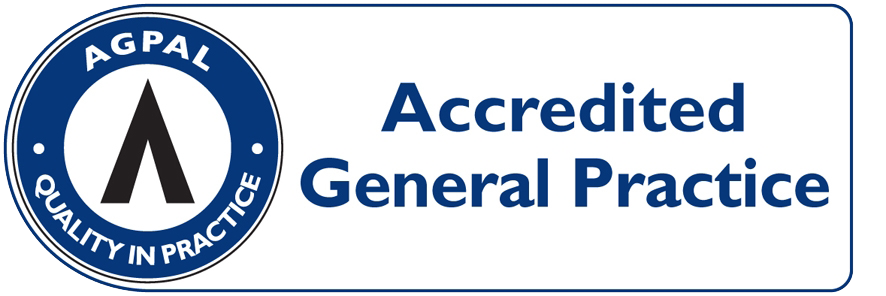How does One Point Medical assess ADHD?
Your One Point Medical doctor will require you to complete a Loffty self-assessment online. Loffty is the world’s most comprehensive mental health self-assessment tool that helps psychologists, GPs and other mental health specialists diagnose, treat and monitor you’re your ADHD more effectively. Loffty generates more detailed information, more quickly to help our GPs make more accurate and more timely diagnoses. They can then make better informed treatment decisions which lead to you getting better, faster.
Your One Point Medical doctor will also take a complete medical history to check for other conditions. A full life history will include questions about your childhood, adolescence, drug & alcohol, relationships, education, work, forensic and family history. An appropriate physical examination, including blood pressure, weight and height will also be completed.
After this a differential diagnosis will be formulated and may be tested with the use of investigations which could include blood and urine tests or quantum EEG.
A Loffty mental health treatment plan is then prepared by your GP including the relevant psychiatric symptoms, possible diagnoses, graphed severity ratings, aims and goals of treatment, patient responsibilities and modes of treatment.
The diagnosis will be confirmed with a second opinion from a specialist psychiatrist who has expertise in attention problems.
A second meeting will then discuss which modes of treatment which may be suitable. These will include possible referral to a psychologist with expertise in attention problems, possible referral to an ADHD coach or drug & alcohol service, discussion about exercise, diet and possible supplements. Detailed discussion about medication including expected positive effects, side effects, interactions, housekeeping and travel. Discussion will also focus on the neuroanatomy and patho-physiology of ADHD and how the patient has come to experience the problems that they have encountered in their life and how treatment will assist in turning these problems around.
Your doctor will carefully monitor your response to treatment by meeting, initially in one to two weeks, then monthly and finally three monthly on an ongoing basis to assist in making sure you get the very best outcomes possible. Our follow-up process will include repeat Loffty self-assessments to assess the clinical response and modification of treatment if required. The specialist psychiatrist will review the response in twelve months and thereafter every two years but will be on hand as part of the team to offer assistance at any time as required.


